This year marks the 50th anniversary of diplomatic relations between China and the European Union.To further promote vocational education and people-to-people exchanges between China and Europe, the Chinese People's Association for Friendship with Foreign Countries and the China-EU Association jointly held the "China-Europe International Conference on Vocational Education and High-Skilled Talent Development" in Qingdao, Shandong Province, on June 11, 2025.
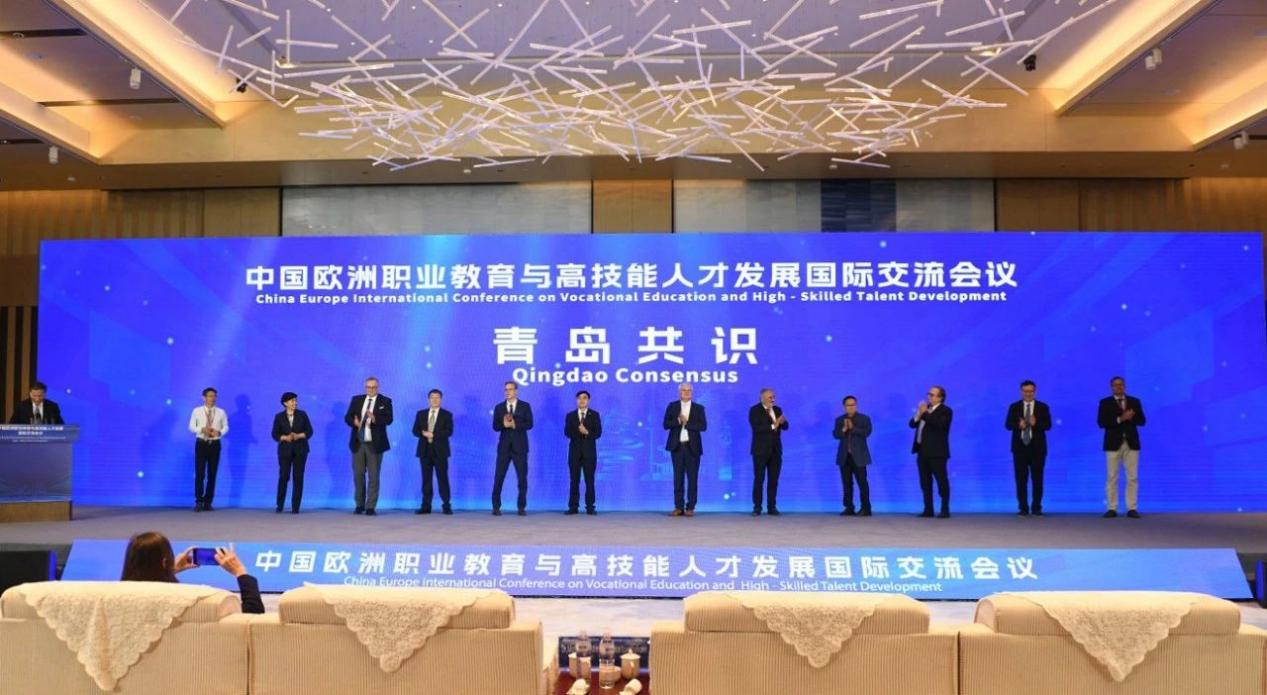
The theme of the conference was "Digital and Intelligent Empowerment: Exchanges and Cooperation in China-Europe Vocational Education and High-Skilled Talent Cultivation for the New Era.
Liu Qibao pointed out in his speech that in the era of economic globalization, economic ties among countries are becoming increasingly close, and international labor mobility is also becoming more frequent. Against this backdrop, promoting international exchanges and cooperation in vocational education is not only an intrinsic requirement for the high-quality development of a country’s vocational education but also an inevitable demand for strengthening international industrial cooperation and promoting common development. China and the European Union are comprehensive strategic partners. Strengthening vocational education cooperation between China and the EU benefits both sides and the world.
Liu Qibao emphasized that China-EU vocational education cooperation has already achieved fruitful results, and the 50th anniversary of diplomatic relations should be used as an opportunity to further deepen exchanges and cooperation. He called for strengthening mutual learning and exploration of a regular exchange mechanism to promote the high-quality development of vocational institutions in China and the EU. He stressed the need to deepen industry-education integration to cultivate more talents for economic cooperation. He also highlighted the importance of technology empowerment to actively respond to opportunities and challenges brought by informatization, digitalization, and intelligentization, allowing vocational education to catch the “fast train” of artificial intelligence. Furthermore, he urged promoting international cooperation to jointly support vocational education and the cultivation of skilled talents in developing countries, actively providing the world with “China-EU wisdom” and “China-EU solutions” in the field of vocational education.
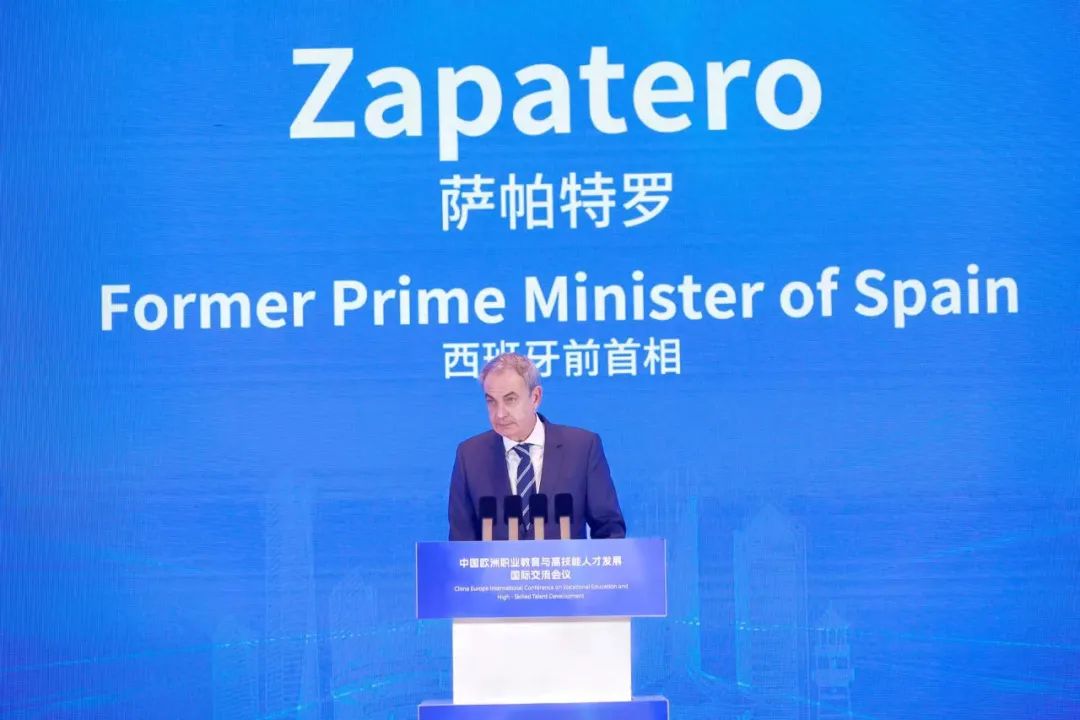
Zapatero stated that economic and trade exchanges play an important role in promoting good relations among countries and regions worldwide, and in the medium to long term, educational exchanges greatly help to consolidate and deepen such relationships. These exchanges build strong people-to-people connections and help us discover our commonalities. “We belong to one human family and respect and cherish the wealth contained in diversity,” he said.
Regarding China-Spain bilateral relations, Zapatero mentioned that with the signing of the comprehensive strategic partnership agreement, the two countries laid the framework for strengthening cooperation in education. Subsequently, several agreements and memoranda of understanding were signed, including one to promote bilateral cooperation in vocational education. He referred to the memorandum of understanding on vocational education cooperation signed in 2024. He also noted that the EU and China launched the EU-China High-Level People-to-People Dialogue mechanism, and he was pleased that an offline meeting was held last year. The meeting placed high importance on gender equality and was committed to creating an open, warm, and inclusive exchange environment for students on both sides.
On the topics of “Opportunities and Challenges for China-EU Applied Technical Talent Education and Training in the Digital and Intelligent Era,” “Successful Experience of Industry Organization Participation in Applied Talent Training and Vocational Education in the Digital and Intelligent Era,” and “China-EU Joint Efforts in Cultivating Internationalized Compound Talents in Intelligent Manufacturing,” guests from China and the EU delivered speeches.
Germany’s vocational education is renowned worldwide. Moskwa, Chairman of the Rhein-Koster Group; Meier, General Manager of Leipzig IHK Vocational Training and Continuing Education Center; and Essermeier, Head of International Programs at Mainz Industrial and Continuing Education College, introduced the role of the “dual system” in vocational education.
Spain’s vocational education also has distinctive features. Carmona, President of the Spain-China Friendship Association; Costas, Secretary General of the Social Relations Committee at Complutense University of Madrid; Asnar, Director of the Spanish International Business and Technology Center; Lansadela, President of Madrid Distance University; and Debasa, Professor at King Juan Carlos University, introduced the status of vocational education development in Spain.
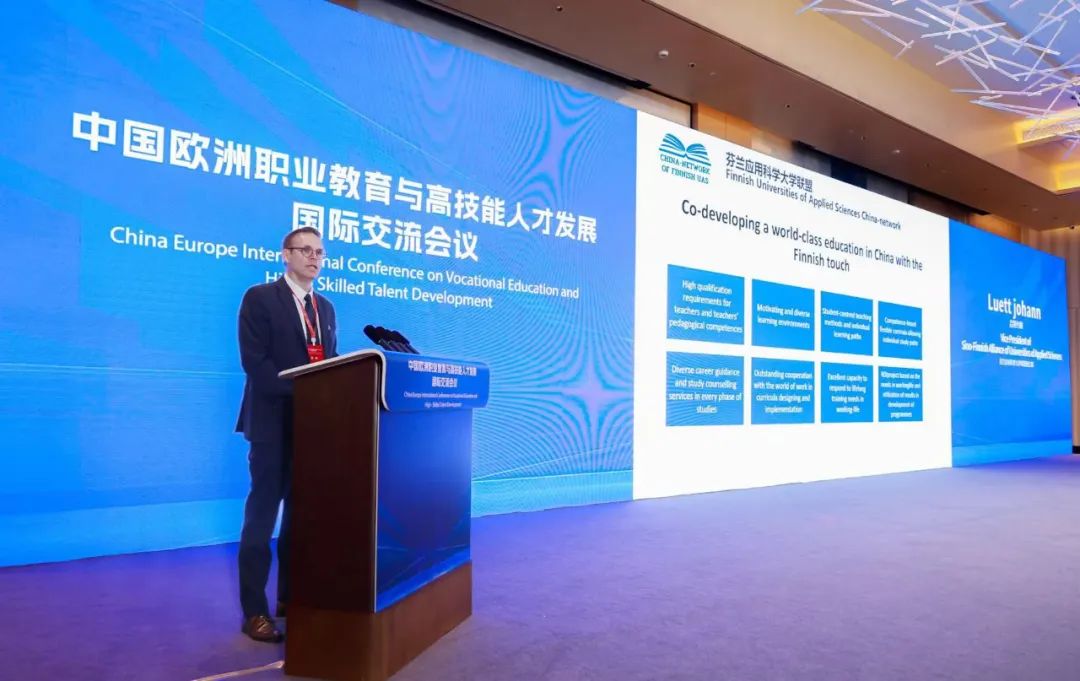
European organizations and institutions play a crucial role in promoting vocational education. Gallot, Vice Chairman and Chairman of the International Committee of the French National Industrial Promotion Committee; and Luttyjohn, Vice Chairman of the Sino-Finnish Applied Technology University Alliance, introduced initiatives to promote vocational education.
In Europe, enterprises are an important force in vocational education and high-skilled talent cultivation. China-EU exchanges and cooperation in this field have become a highlight of China’s vocational education. Representatives from European companies operating in China, such as Siemens, LafargeHolcim, Schneider, KUKA, and Beckhoff, as well as German professors working at Zhejiang Wanli University, shared their experiences of vocational education cooperation with Chinese partners.
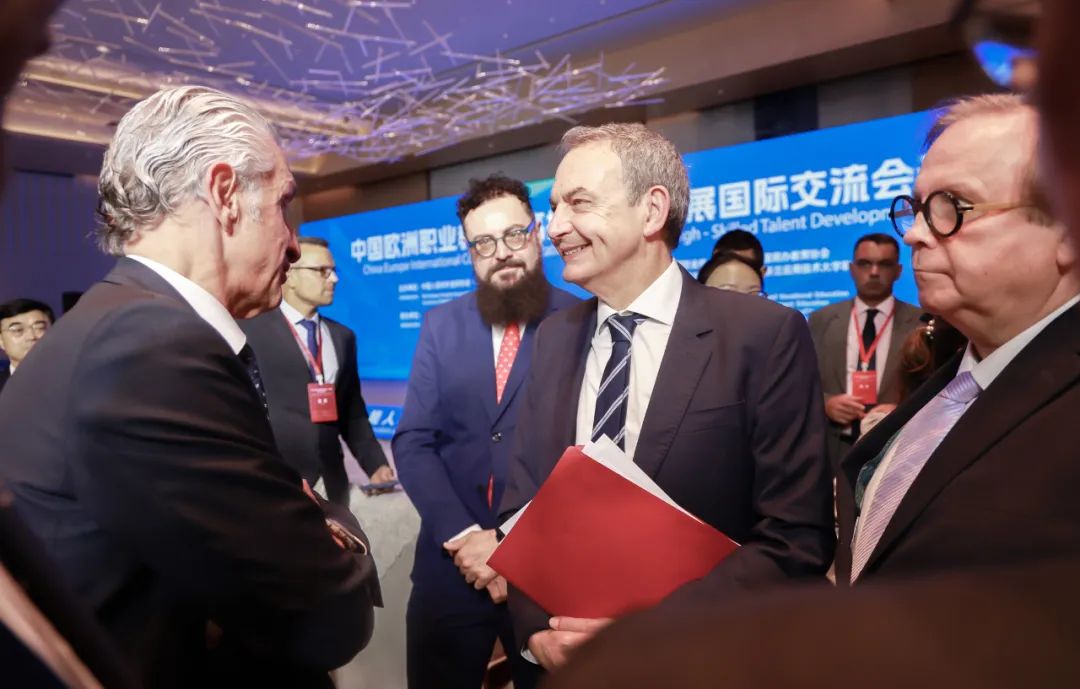
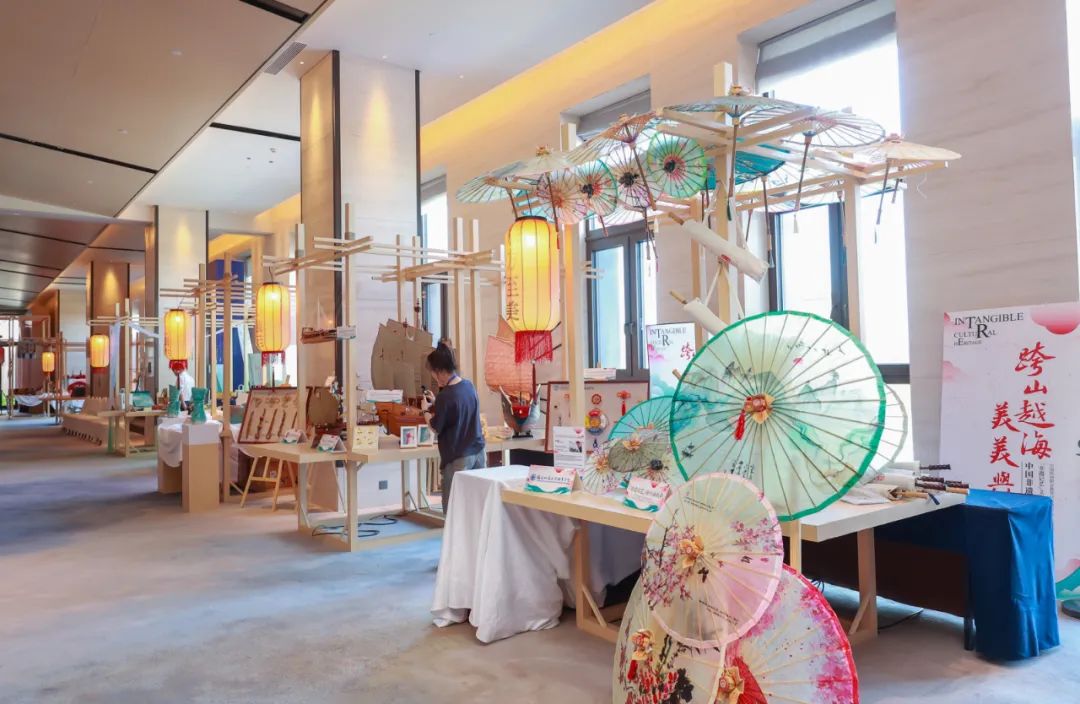
Speakers from China and the EU agreed that China’s current vocational education system has formed a distinctive Chinese model and is developing rapidly. Vocational education in European countries has made important contributions to economic and social development and enjoys a global reputation. Since China’s reform and opening-up, China-EU exchanges and cooperation in vocational education have been successful. With the 50th anniversary of China-EU diplomatic relations and the impetus of the AI era, China and the EU should further strengthen cooperation in this field.